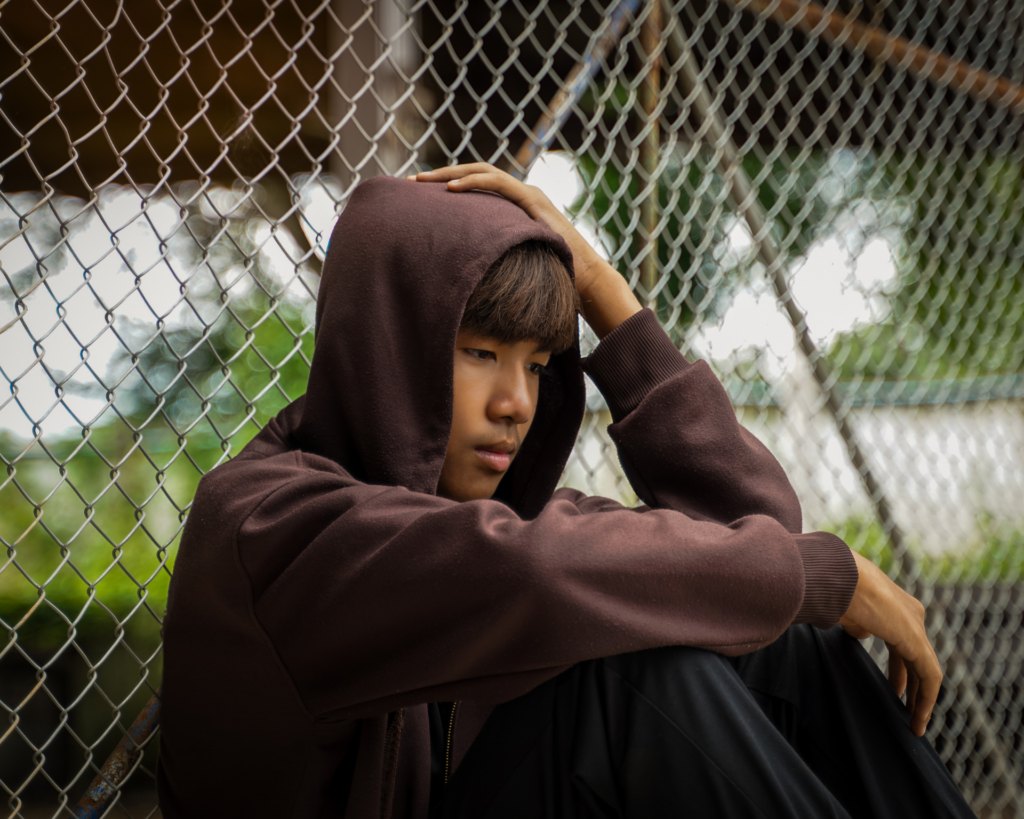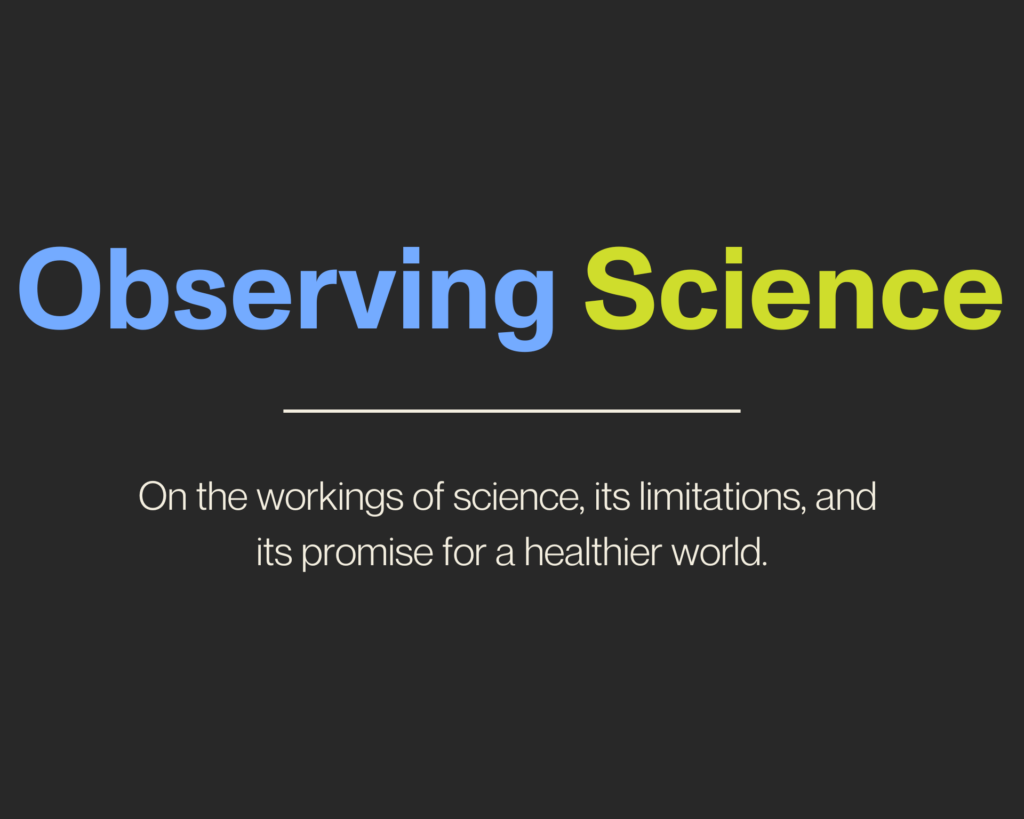Limited Health Funding for AIANs
American Indians and Alaskan Natives (AIANs) can receive free health care from facilities that receive money allocated by Congress to the Indian Health Service, but funding is unevenly distributed.

Read Time: 2 minutes
Published:
American Indians and Alaskan Natives (AIANs) can receive free health care from facilities managed by the Indian Health Service, federally recognized Tribes, and urban Indian health programs. All receive money from the funds allocated by Congress to the Indian Health Service. The funding is limited, however, and if more is required, some services may be prioritized over others or rationed.
The image above depicts the findings of a recent report on AIAN health. In 2017, Congress provided $4.8 billion to all AIAN health care services, and $1.3 billion came from third-party sources like Medicaid, Medicare, private insurance, and the Veterans Administration. Urban Indian health programs only received 1%, or about $40 million, of this funding. AIANs who do not live on federal reservations and are not members of federally recognized Tribes are unable to receive care from the Indian Health Service or Tribe-operated programs, and may turn to the urban Indian health programs for services.
The uneven distribution and disproportionately small amount of funding that these programs receive in comparison to other services indicates that some AIAN health needs remain unmet. Those who rely entirely on the Indian Health Service may not have access to primary care. Unlike Indian Health Service and Tribe-operated facilities, urban Indian health organizations cannot contract with the Purchased/Referred Care program, which fills gaps in care with private providers. To improve access to care, urban Indian health programs must receive similar or greater support in comparison to other AIAN health care services, and funding mechanisms for such broad programs must improve.
Databyte via Samantha Artiga, Petry Ubri, and Julia Foutz, Medicaid and American Indians and Alaska Natives. Kaiser Family Foundation.



